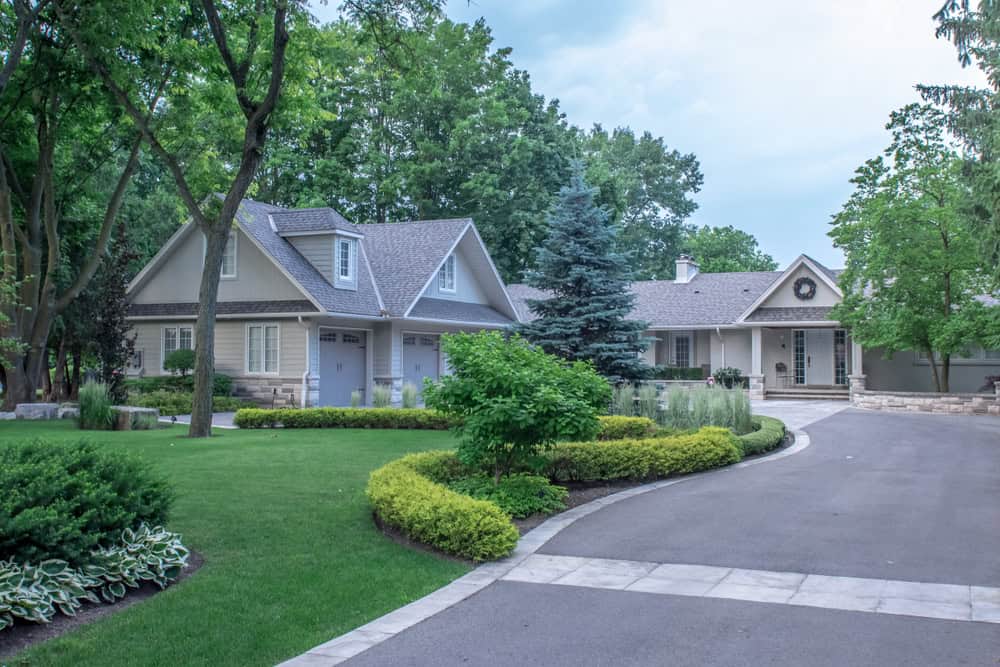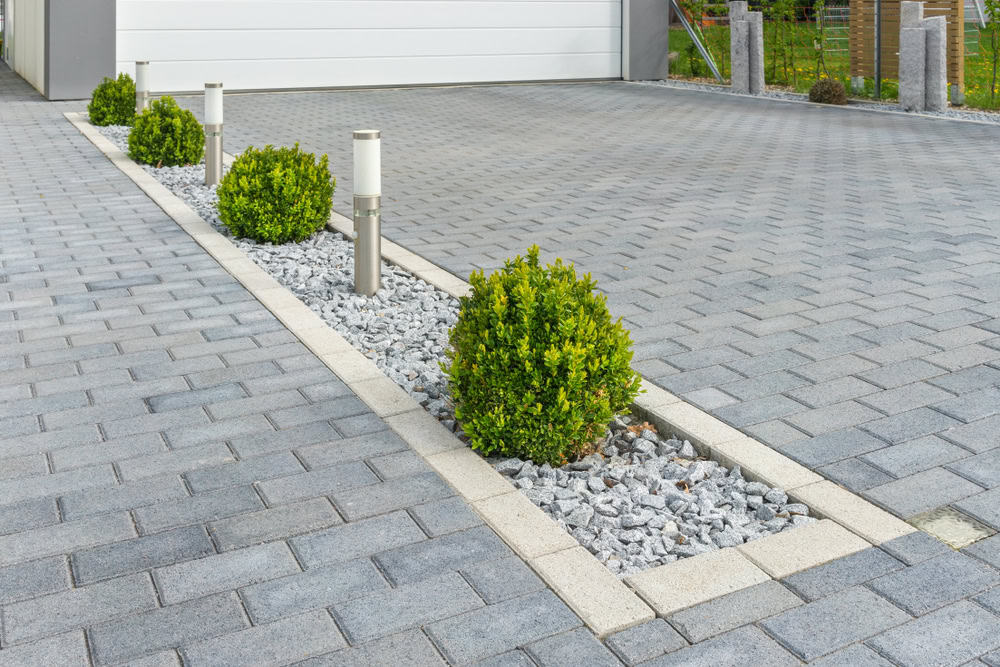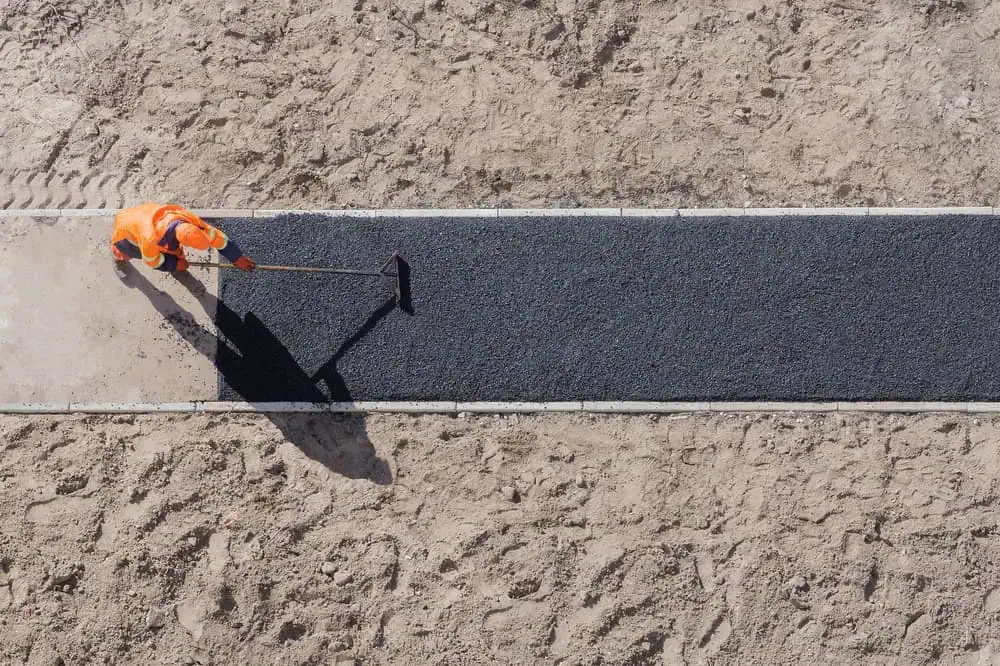Professional paver installation that handles everything New England weather throws at it.


You know that cracked concrete patio isn’t cutting it anymore. Every winter makes it worse, and every spring you’re looking at more damage. Pavers change that completely.
When we install your new paver patio or walkway, you get a surface that actually improves with age instead of falling apart. The individual stones can shift slightly with freeze-thaw cycles without cracking. Water drains between the joints instead of pooling and creating ice hazards.
Your outdoor space becomes somewhere you actually want to spend time. Somewhere that adds real value to your property. And somewhere you can count on looking great year after year, even after our brutal Massachusetts winters.
Academy Masonry has been handling paving installation in Beachmont and surrounding Massachusetts communities for years. We understand exactly what coastal weather does to outdoor surfaces and how to build something that lasts.
We’re not the guys who show up, slap down some pavers, and disappear. We do the base work right. We handle drainage properly. We use materials that can handle salt air and temperature swings.
When you work with Academy Masonry, you’re working with contractors who live here too. We see our work every day, and our reputation depends on how well your pavers hold up five years from now.

First, we excavate to the proper depth and grade everything for drainage. This isn’t negotiable in our climate – water has to go somewhere, and it can’t be under your pavers.
Next comes the base preparation. We install and compact crushed stone in lifts, creating a stable foundation that won’t shift or settle. Then we add a leveling course of sand and begin laying pavers according to your chosen pattern.
Finally, we sweep polymeric sand into all the joints and compact everything. This locks the pavers together while still allowing for natural movement. The result is a surface that looks great immediately and stays that way through decades of New England weather.

Ready to get started?
Every paver installation includes proper excavation, base preparation, and drainage planning. We don’t cut corners on the foundation work because that’s what makes the difference between pavers that last and pavers that fail.
You get a wide selection of paver styles, colors, and patterns to choose from. Whether you want classic brick pavers for a traditional look or modern stone pavers for something contemporary, we’ll help you find the right fit for your home and budget.
We handle all the details that matter in Beachmont’s coastal environment. That means understanding how salt air affects different materials, how to handle drainage near the water, and which installation techniques hold up best when winter hits hard.
